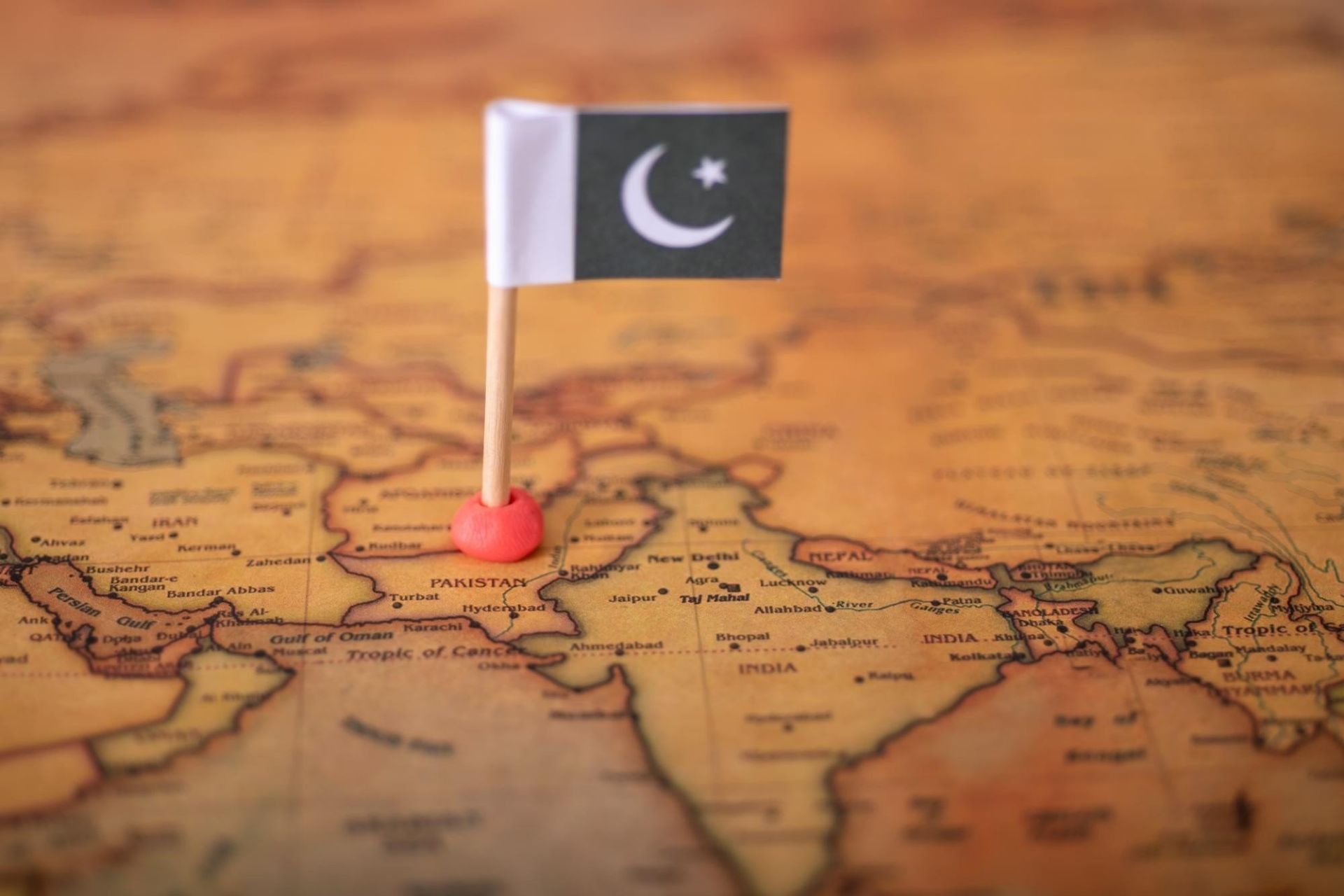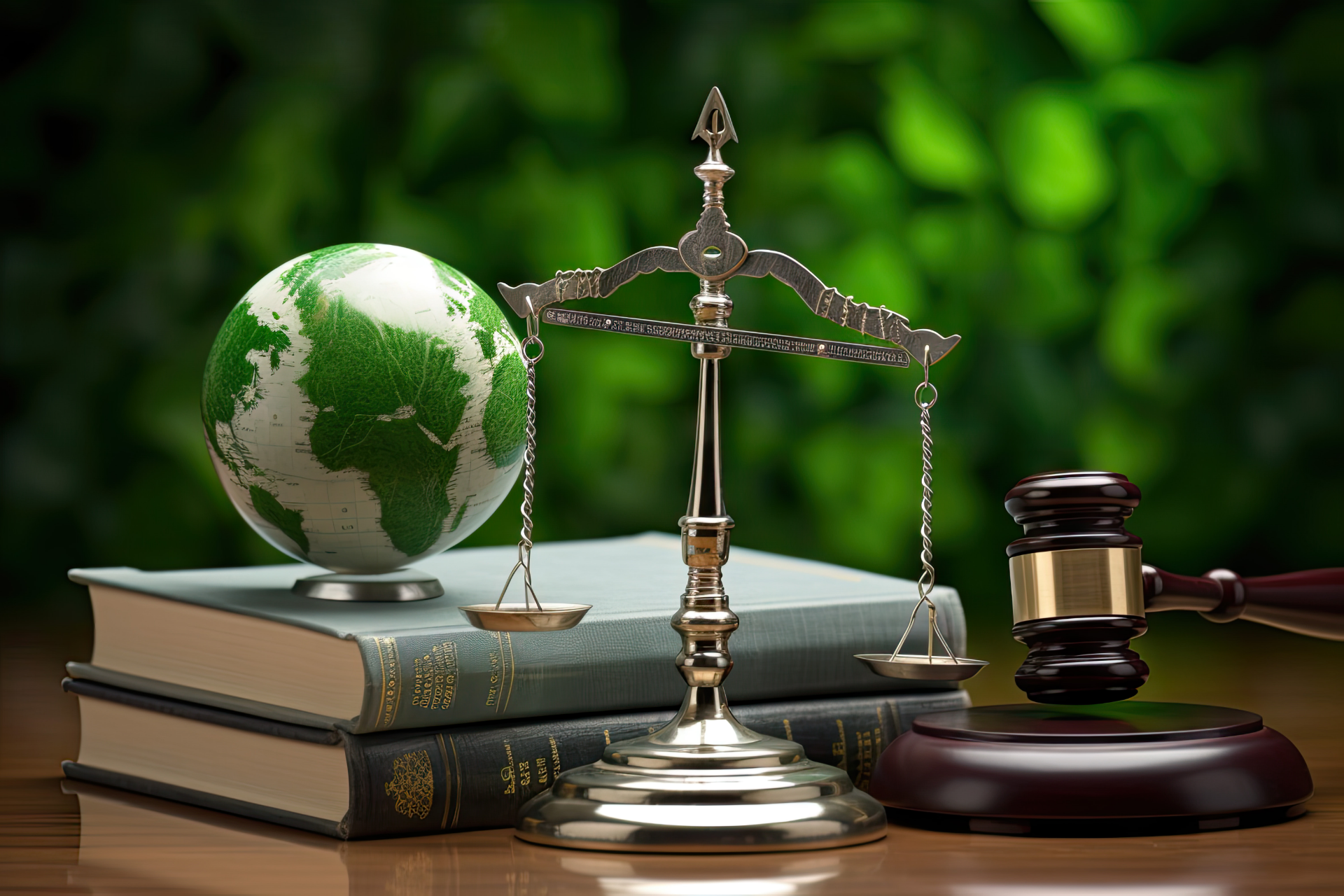Pakistan emerged on the world map as a sovereign state on August 14, 1947, when the British Indian Empire was partitioned into two independent states – India and Pakistan. Pakistan is located in South Asia, bordered by India, Afghanistan, Iran and China. The geography of Pakistan includes northern mountains such as the Himalayas and Hindu Kush ranges, which contain some of the world's highest peaks.


The region traces its history back to at least 2,500 B.C., when a highly developed civilization flourished in the Indus Valley. Excavations at Harappa, Mohenjodaro and Kot Diji have brought to light evidence of an advanced civilization flourishing here even in most ancient times. Around 1,500 B.C., the Aryans conquered this region and slowly pushed the Hindu inhabitants further east, towards the Ganges Valley. Later, the Persians occupied the northern regions in 5th century B.C. The Greeks came in 327 B.C., under Alexander of Macedonia; in 712 A.D. the Arabs, led by Mohammed Bin Qasim, landed somewhere near what is now Karachi (city situated in the south of Pakistan), and ruled the lower half of Pakistan for two hundred years. During this time Islam took root and influenced the life, culture and traditions of the inhabitants of the region.
In the 18th century A.D., the British colonized the sub-continent and ruled for nearly 200 years. The rule lasted in 1947. During their colonial rule, the British laid the foundation of a legal system which is still followed in the independent States of India and Pakistan. This legal system is known as the common law system; the judicial framework within this system is based upon judicial decisions that serve as precedents for future cases. The system is also found in the United States and in most of the member states of the British Commonwealth. Some of the main statutes, enacted by the British and still in use in Pakistan (with slight amendments), are the Contract Act, 1872, the Code of Civil Procedure, 1908, the Code of Criminal Procedure, 1898, the Transfer of Property Act, 1882, the Pakistan Penal Code, 1860, Electricity Act, 1910, Charitable Endowment Act, 1890 etcetera. The publication of laws, regulations, and reporting systems is in English.



Pakistan joined the United Nations on September 30, 1947. As a member of the United Nations, Pakistan is committed to the principles and purposes of the UN Charter, in particular the promotion and maintenance of international peace and security as well as the pursuit of sustainable development and human rights for all. Pakistan has a longstanding commitment to UN peacekeeping, and as a leading troop-contributor, has a significant stake in its success. Pakistan proactively engages with the United Nations Convention On International Trade Law (UNCITRAL), in particular its six working groups which are tasked with the harmonization, unification and reform of international trade law in different areas. Pakistan had been re-elected to the 58-member Executive Board of United Nations Educational, Scientific and Cultural Organization (UNESCO) for the term 2019-23, receiving an overwhelming support of 154 countries in the General Conference of UNESCO in Paris. Pakistan’s re-election to the UNESCO Executive Board is a reaffirmation of the international community’s faith in Pakistan’s strong credentials to protect and safeguard cultural heritage, promote cultural diversity and advance universal education. Pakistan, since joining the Organization in September 1947, has consistently played an active role in furthering the ideals of UNESCO, as enshrined in its Charter. All the conventions ratified by the State of Pakistan has to be given effect to in the shape of separate legislation or in shape of policy under Article 37(e) of the Constitution of Pakistan, 1973.
The most notable International Organizations that Pakistan is part of includes, but is not limited to, United Nations, Commonwealth of Nations, International Chamber of Commerce (ICC), International Federation of Red Cross and Red Crescent Societies (IFRCS), International Labor Organization (ILO), International Monetary Fund (IMF), South Asia Co-operative Environment Program (SACEP), United Nation Conference on Trade and Development (UNCTAD), United Nations Education, Scientific and Cultural Organization (UNESCO), United Nations High Commissioner for Refugees (UNHCR), World Confederation of Labour (WCL), World Health Organization (WHO), World Tourism Organization (UNWTO), World Trade Organization (WTO) etcetera. Most famous international organizations working in Pakistan are USAID, WWF, ILO, World Bank, FAO, Asian Development Bank, UNICEF and UNDP etcetera.
Pakistan has three distinct education systems. One of them is the Cambridge education system, introduced in the late 1950s. This system follows the Cambridge International Examination curriculum, developed by the University of Cambridge in England, and is globally acknowledged for its rigor and emphasis on critical thinking.


Urdu is the national language of Pakistan while English is its co-official language. This reflects the country's linguistic diversity and its citizens' ability to engage in global communication effectively.
Advancements in digital communication technologies have made remote work easier and more economical. Leading this shift are online labor platforms, also known as online outsourcing, crowd-work, or gig platforms, which enable workers to serve multiple clients remotely from their homes or co-working spaces, rather than working full-time for one employer. This new form of work is growing in popularity, with global demand for online freelancing increasing by 11% annually over the past five years, according to the Oxford Online Labor Index. In 2017, Pakistan was ranked the 4th most popular country for freelancing by the Oxford Internet Institute and continues to be a top destination for Internet Communication and Technologies outsourcing due to its exponential growth in the IT sector. Pakistan's IT freelance market includes over a million individuals integrated into the global gig economy, with IT exports reaching USD 2.4 billion by May 2022, up from USD 1.9 billion the previous year.

VP 360 is not a law firm and does not provide legal advice.